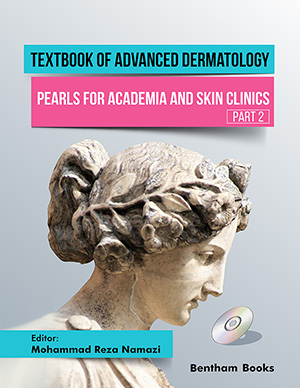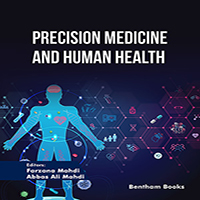Abstract
Background: Gingivitis, commonly known as gum disease, refers to several types of inflammatory diseases that impact the connective tissues that surround the teeth. Gingivitis causes swelling, redness, and bleeding of the gums in its early stages.
Objective: This article aims to describe the standard gingivitis medication. It emphasizes recent advancements in the initial therapy, treatment, and healing mechanisms of gingivitis for achievement in the clinical testing of medicines that promise to enable disease modification in patients. Also, it aims to review recent advancements and emerging therapeutic developments in the management of gingivitis, including gene-based therapies, nanotherapies, anti-cytokine therapies, stem cell-based therapies, and probiotic therapies.
Methods: The information for the review articles was acquired by using Google Scholar and PubMed as search engines, as well as a number of publishers, including Springer Nature, Bentham Science, Taylor & Francis, Elsevier, and Frontier.
Result and Discussion: Gingivitis is a gum disease and scaling root planning (SRP) is now the most common kind of periodontitis therapy available. It has the potential to deliver significant therapeutic success, but it can also have substantial problems that reduce the quality of life of a patient. Stem cell therapies, gingivitis genetic engineering, nuclear-based medicines, and other advances have given people hope that a wide range of illnesses, especially genetic disorders, can be cured.
Conclusion: The current gingivitis therapies are successful and continually evolving, with several drugs currently in clinical trials. These innovative medicines, when combined, may alter gingivitis treatment in the next few years. Finally, gingivitis therapy requires professional dental care and patient education on oral hygiene. Nonetheless, further research and clinical studies are necessary to validate the efficacy, safety, and long-term benefits of these novel treatment modalities.
Keywords: Gingivitis disorder, immune therapy, anti-cytokinin therapy, stem cell-based therapy, nuclear receptor therapy, probiotic.
 7
7



























